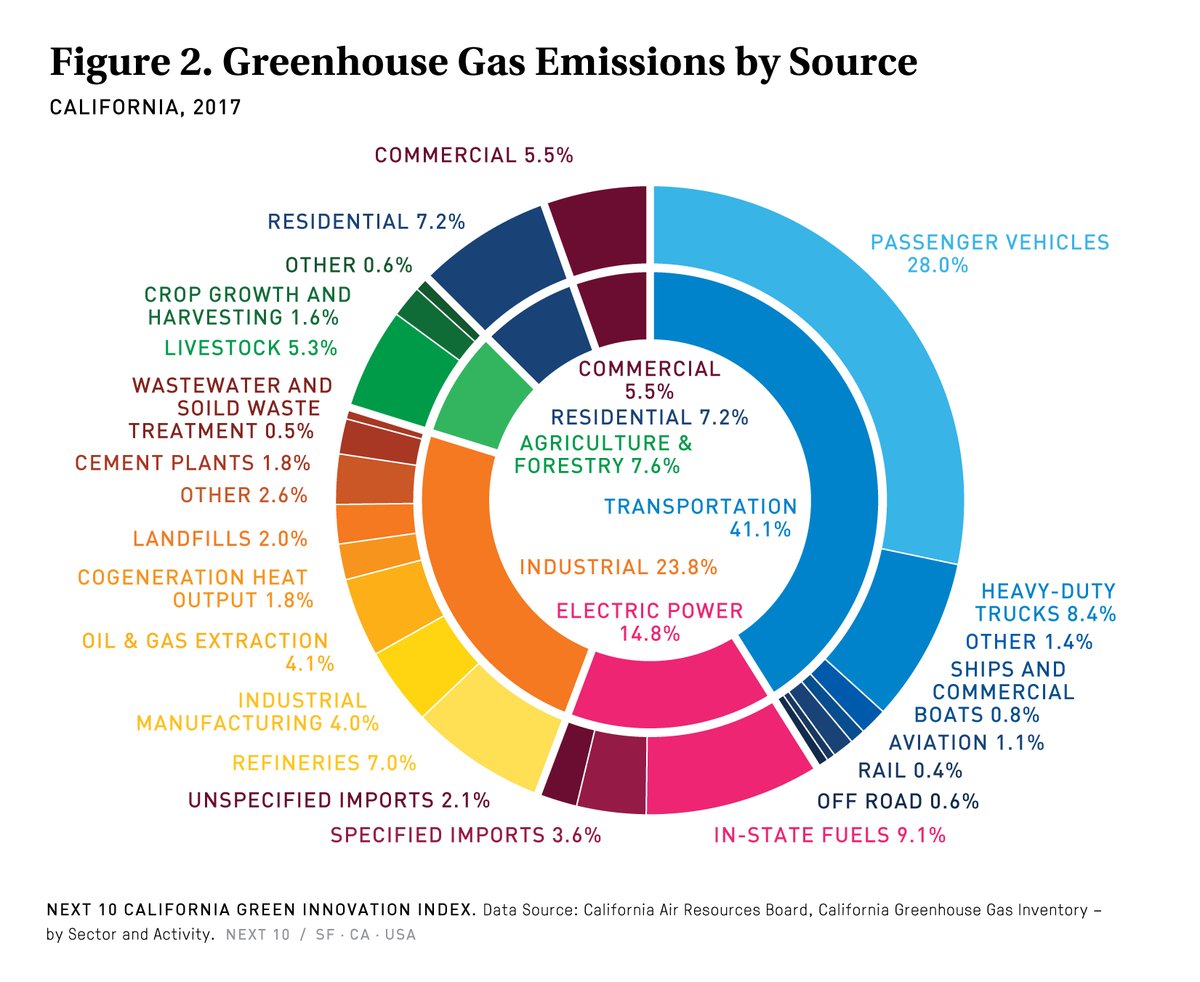
Folks, I'd like to ask your help doing something that matters.
I'm doing a quick Kickstarter campaign to complete my new book, The Snap Forward.
It's about winning the climate fight.
I'd like to share why I'm excited about this project.
(Thread...)
kickstarter.com/projects/19108…
I'm doing a quick Kickstarter campaign to complete my new book, The Snap Forward.
It's about winning the climate fight.
I'd like to share why I'm excited about this project.
(Thread...)
kickstarter.com/projects/19108…
2. I've worked on the front lines of climate & sustainability for a long time now.
With some great teams, I've done projects—from co-founding Worldchanging to doing climate foresight, writing Carbon Zero to being a futurist-in-residence @ideo—that have had some real impact.
With some great teams, I've done projects—from co-founding Worldchanging to doing climate foresight, writing Carbon Zero to being a futurist-in-residence @ideo—that have had some real impact.
3. Like so many others, though, I've grown more and more concerned with humanity's lack of real progress on the biggest, most vital challenges of our day.
I've essentially spent my entire working life watching the planetary crisis worsen.
Now, it's an emergency.
I've essentially spent my entire working life watching the planetary crisis worsen.
Now, it's an emergency.
4. With every day we delay now, the emergency grows both worse.
The curves are steepening. Time is running short. Windows of opportunity are closing.
the future we're now headed for is tragic and terrible.
The curves are steepening. Time is running short. Windows of opportunity are closing.
the future we're now headed for is tragic and terrible.
5. We know that failing to get bold, rapid climate action now is to fail—that winning too slowly is effectively the same thing as losing.
Yet our strategies have changed little in 30 years. The public debate is full of outdated ideas & outright lies. Our politics is gridlocked.
Yet our strategies have changed little in 30 years. The public debate is full of outdated ideas & outright lies. Our politics is gridlocked.
6. At the same time, we're in this amazing moment—these beautiful, inspiring days when millions of people (especially young people) have had enough, and are suddenly rising to demand change, now.
It's unlike anything I've ever seen. It's fantastic.
It's unlike anything I've ever seen. It's fantastic.
7. But there's a huge gap between the huge changes we need and what our strategies can deliver.
And because our thinking hasn't kept up with the times, these strategies seem like the only strategies there are.
The gap seems unbridgeable.
A lot of us are falling into despair.
And because our thinking hasn't kept up with the times, these strategies seem like the only strategies there are.
The gap seems unbridgeable.
A lot of us are falling into despair.
8. But here's the good news: we can win the climate fight.
Sure, much has been lost, but so much more is still to be decided. The future is not some dreadful trudge down to a dusty collapse.
It's not too late... if we can free our minds to think differently.
Sure, much has been lost, but so much more is still to be decided. The future is not some dreadful trudge down to a dusty collapse.
It's not too late... if we can free our minds to think differently.
9. Because the world now isn't what we've being been told it is for so many years.
We've gone through a discontinuity. Everything has changed. The entire landscape of human society is in upheaval. Past experience is a bad guide for future action. Old ideas are dangerous.
We've gone through a discontinuity. Everything has changed. The entire landscape of human society is in upheaval. Past experience is a bad guide for future action. Old ideas are dangerous.
10. When we really understand the powerful forces aligning to push forward disruptive sustainability and the magnitude of the opportunities they present for progress and justice, we often experience a kind of mental whiplash.
I call this feeling the Snap Forward.
I call this feeling the Snap Forward.
11. And when we have that Snap Forward experience, our sense of what's possible changes.
12. We start to grasp just how disruptive the climate strategies now available to us are becoming because of the changes unfolding around us.
Yes, this is a brutal fight—and we have years, not decades—but with new thinking & strategies, it's a fight we can win, and win fast.
Yes, this is a brutal fight—and we have years, not decades—but with new thinking & strategies, it's a fight we can win, and win fast.
13. That's what The Snap Forward is: a short book about using the tools of futurism to understand how radically the world is changing, and exploring the strategies that can deliver bold action, social progress and the justice of speed.
I think this is a book this moment needs.
I think this is a book this moment needs.
14. I hope you'll help me bring The Snap Forward into the world by supporting this Kickstarter campaign today.
kickstarter.com/projects/19108…
kickstarter.com/projects/19108…
(PS: please share the word, if you can! Retweets are appreciated! Thank you.)
• • •
Missing some Tweet in this thread? You can try to
force a refresh





